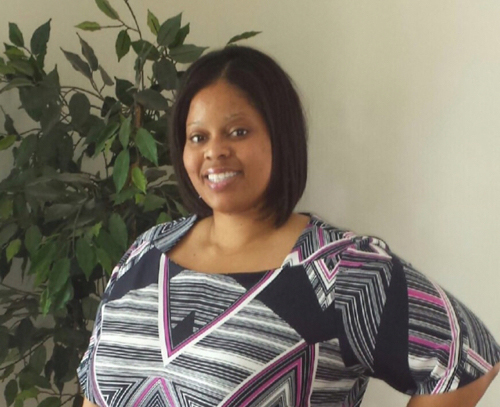Let us do more than pray about Mass Incarceration
 Let mutual love continue. Do not neglect to show hospitality to strangers, for by doing that some have entertained angels without knowing it. Remember those who are in prison, as though you were in prison with them; those who are being tortured, as though you yourselves were being tortured. – Hebrews 13:1-3 (NRSV)
Let mutual love continue. Do not neglect to show hospitality to strangers, for by doing that some have entertained angels without knowing it. Remember those who are in prison, as though you were in prison with them; those who are being tortured, as though you yourselves were being tortured. – Hebrews 13:1-3 (NRSV)
This Bible passage can help us ground our consideration of race and mass incarceration.
It is not enough to have a moment of silence in remembrance of those incarcerated. Intercessory prayer alone is insufficient.
We are called to action. We are called to treat those in prison as though we ourselves are in prison – to treat those being tortured as if we ourselves are being tortured.
“Whether called mass incarceration, mass imprisonment, the prison boom, the carceral state, or hyperincarceration, this phenomenon refers to the current American experiment in incarceration, which is defined by comparatively and historically extreme rates of imprisonment and by the concentration of imprisonment among young, African American men living in neighborhoods of concentrated disadvantage.” – Christopher Wildeman
In 2015, the General Synod of the United Church of Christ identified mass incarceration as a critical human and civil rights issue. Why? Because data shows that the United States is the world’s leader in incarceration, with 2.2 million people currently in the nation’s prisons or jails. That represents a 500% increase over the last 40 years. This trend does not impact all communities equally. When we look at the likelihood of imprisonment for U.S. Residents born in 2001, we find that one in three black men will be incarnated, compared to one in 18 of their white peers.
What does this mean practically? It means that police officers are more likely to stop Black and Hispanic drivers for investigative reasons [i] and poor decisions that result in contact with law enforcement are resolved by a citation, traffic court, or fine – for some. By contrast, poor decisions made by others of us who are poor, Black, or Brown too often result in unjust lengthy prison sentences or worse, death.
The arbitrary nature of how some laws are enforced is an accomplice to injustice.
Jesus was victim to an unjust criminal justice system. We like to remember the Jesus who performed miracles. Let us remember the Jesus who was executed for alleged crimes against the Roman empire. Let us pray on how to love people with strange experiences different than our own. Let us pray about ways to address racial disparities in our criminal justice system.
Let us do more than pray.
Recent legislation reducing the sentencing disparity between the use and distribution of crack versus powder cocaine in California, Missouri, & at the federal level are examples of efforts to tackle sentencing inequalities. [ii]
Passing the bipartisan Sentencing Reform and Corrections Act, S. 2123 is a critical step our legislators could take in addressing mass incarceration. It would limit mandatory minimums and arguably be the most important law to address mass incarceration in our generation.
Dear God, please lead us and guide us in being open, honest, and action-oriented as we learn & relearn the realities of race and mass incarceration. Amen.
Quan Williams is the Domestic Policy Advocate for the United Church of Christ.
[i] Ghandnoosh, Nazgol. “BLACK LIVES MATTER: ELIMINATING RACIAL INEQUITY IN THE CRIMINAL JUSTICE SYSTEM.” The Sentencing Project (2015) p. 4
[ii] Ghandnoosh, Nazgol. “BLACK LIVES MATTER: ELIMINATING RACIAL INEQUITY IN THE CRIMINAL JUSTICE SYSTEM.” The Sentencing Project (2015) p. 3
Related News
2025 JPANet Sign-Off Letter
As the UCC Office of Public Policy & Advocacy looks back on 2025, we do so with gratitude,...
Read MoreGrowing Weary
In December 1964 during a speech in Harlem, Fannie Lou Hamer declared: “And you can always...
Read MoreFeeding the Hungry Is Holy Work: A Call to Justice in a Season of Scarcity
This November is different for many families across the United States. Between inflation, the...
Read More

